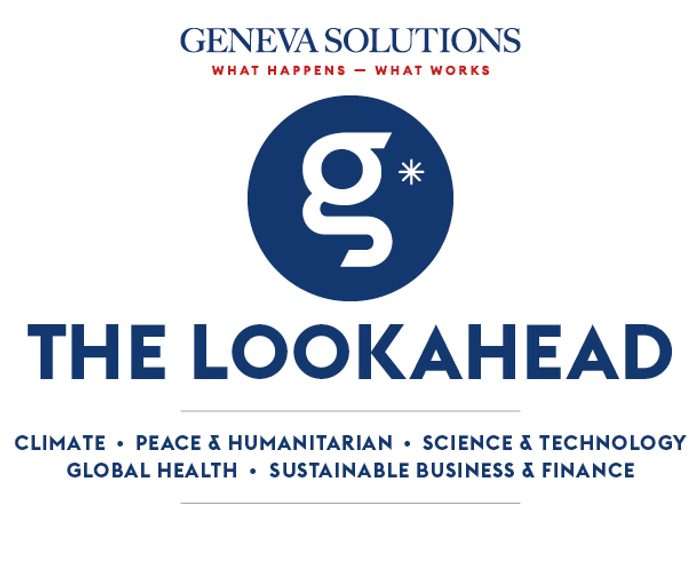Good morning, this is Kasmira. Donald Trump's foreign aid cuts have already wreaked havoc the UN's finances. However, as the US reviews its support to all international organisations, the world body's assessed contributions could also soon become a target.
In Geneva, meetings on three conventions crucial to setting the rules on the murky world of global chemicals and waste management will take place this week while over at UNAids' headquarters, officials will discuss its future strategy and prospects without its largest donor. |

|

US President Donald Trump speaks at the opening session of the United Nations General Assembly in New York, 19 September 2017. (Keystone/EPA/Justin Lane)
|
|
Will Trump continue to fund the UN?
Donald Trump’s foreign aid cuts have decimated the United Nations’ coffers. But still looming is an ongoing review of all United States-funded international organisations, with UN officials on tenterhooks over what other financial support – including its as-yet untouched assessed contributions – could be heading to the chopping block. Geneva Solutions spoke to UN insiders and experts to look into some possible scenarios.
Geneva Solutions (EN)
|
|
|
☢️TALE OF THREE TREATIES.
Ministers are flocking to Geneva to discuss the road to a toxic-free Earth through global rules enshrined in the three pillars of global chemicals and waste management – the Basel convention, which governs crossborder movements of hazardous waste, the Rotterdam convention that helps countries control imports of dangerous substances and the Stockholm convention, which bans or restricts the notorious forever chemicals – or Pops.
|
|
My chemical break-up.
Top of the agenda are toxic substances in desperate need of dumping. Countries will consider adding to the Pops list chlorpyrifos, a dangerous, widely used pesticide, despite over 40 countries banning it, as well as placing restrictions on its international trade.
There are two other new candidates for the blacklist: medium-chain chlorinated paraffins and long-chain PFCAs, part of the infamous PFAS family. These are typically found in household items.
|
|
Closing loopholes.
Environmental groups will be campaigning not only for their banning but also to make sure countries don’t try to claim exemptions that weaken the restrictions.
|
|
🎗️BRAINSTORMING.
As one of the UN agencies worst-hit by USAid cuts, UNAids will meet today and tomorrow in a multistakeholder consultation.
The gathering is part of a series of meetings throughout the year to discuss its global Aids strategy for 2026 to 2031 before it is adopted in December. A statement from the agency referred to it as a “rallying call for innovation, inclusivity, and commitment to leaving no one behind”.
|
|
Money matters.
In March, UNAids executive director Winnie Byanyima acknowledged “difficult times”, saying that various scenarios are being considered, including without any future support from the US, which had contributed 40 per cent of its budget. “Whatever way it comes, whether it comes as a smaller UNAIDS, whether it comes as a UNAIDS in partnership with somebody else, I don't know.”
The organisation estimates an additional four million Aids-related deaths by 2029 could result from the disruption in funding to HIV programmes, including patients’ access to medication. Since January, Switzerland has also stopped funding the organisation.
|
|
|
GS news is a new media project covering the world of international cooperation and development. Don’t hesitate to forward our newsletter!
Have a good day!
|

|
|
Avenue du Bouchet 2
1209 Genève
Suisse
|
|
|
|








